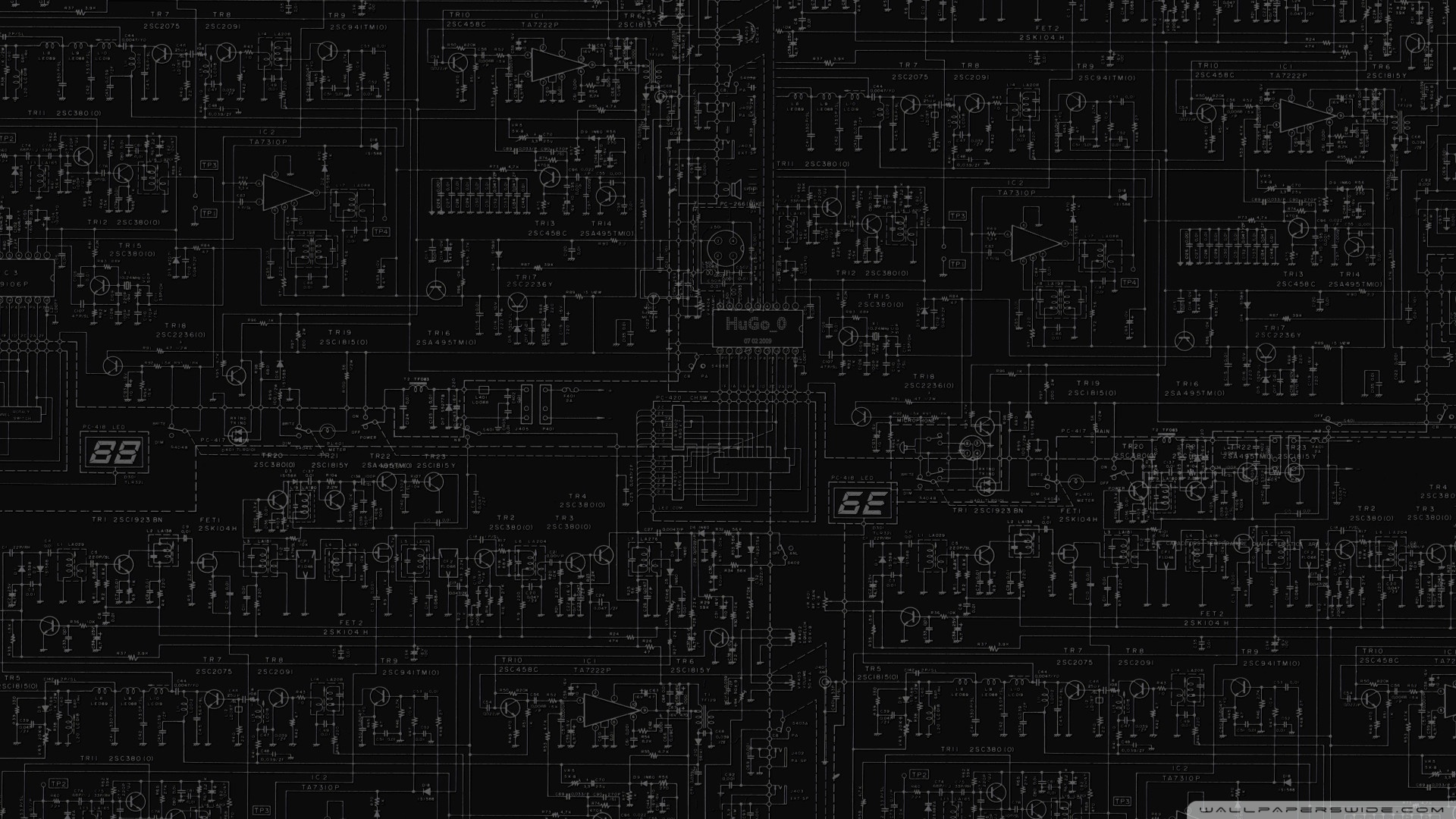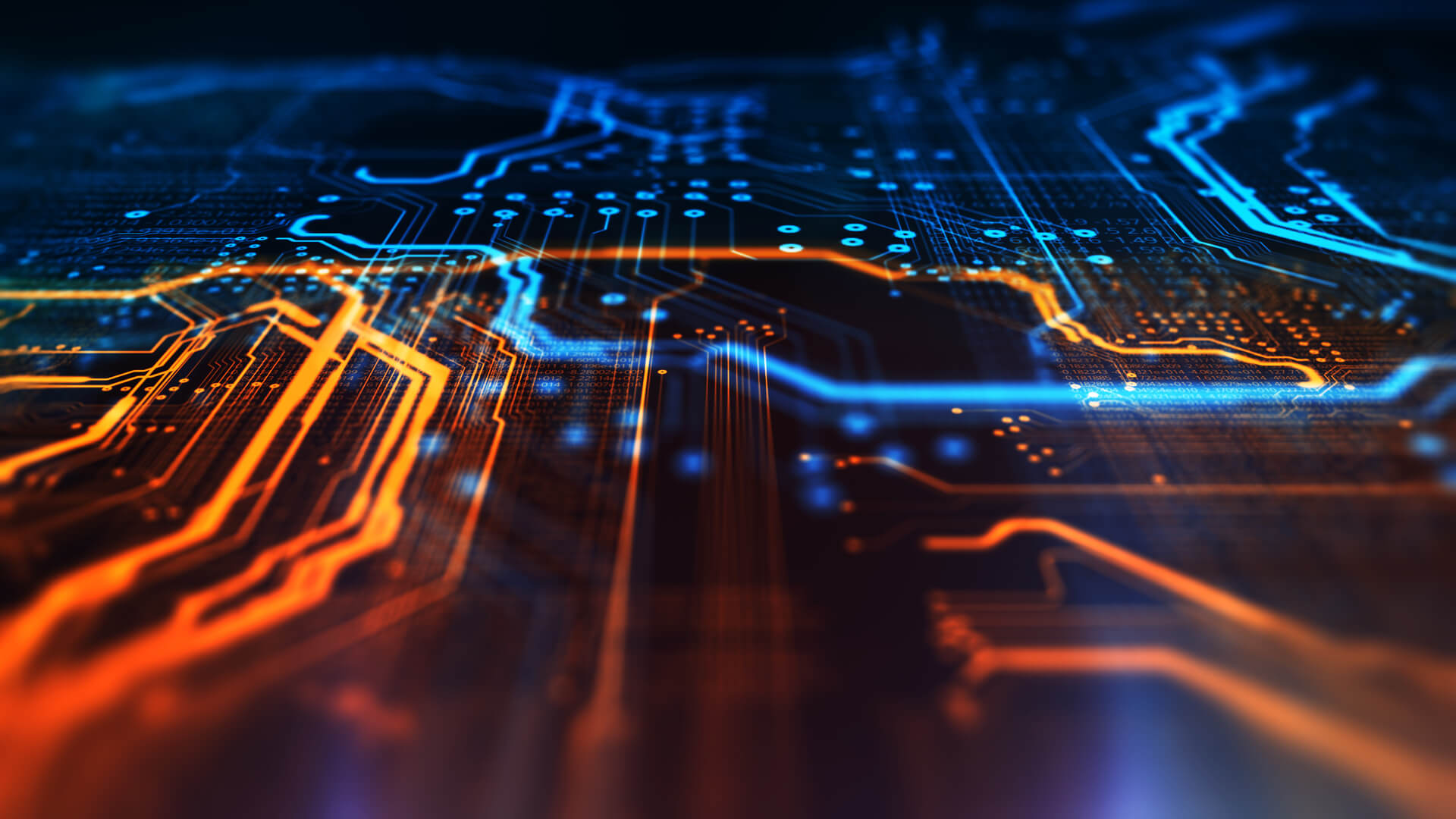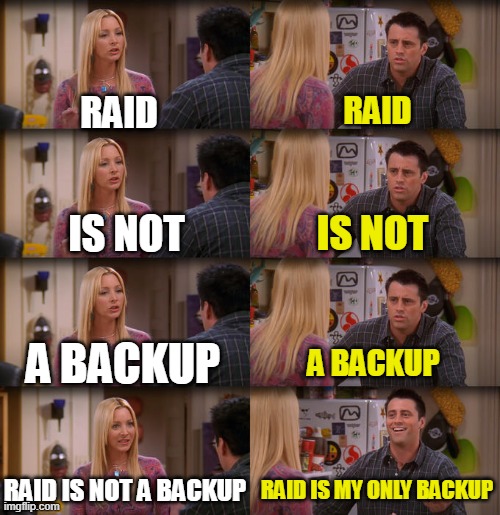Ahoy matey's
I need to do a build for a client.
He wants his drives mirrored . Just two. No redundancy.
This is fine but I'm unsure if I should use NVMe or SATA SSD's or even just stick to HDD's.
Some boards don't mention RAID 1 on the NVMe's if the board has two or more but do on the SATA ports.
The other consideration is endurance but I have found some high endurance NVMe SSD's that aren't too costly.
I'm just concerned about mirroring NVMe SSD's and don't want to waste money on a Mobo and then it doesn't work.
Rest of the specs of the PC are going to be very basic, as its basically a file server, but basic boards tend to not have 2 NVMe slots and ones that do, don't document whether they support RAID 1 aka mirroring.
I need to do a build for a client.
He wants his drives mirrored . Just two. No redundancy.
This is fine but I'm unsure if I should use NVMe or SATA SSD's or even just stick to HDD's.
Some boards don't mention RAID 1 on the NVMe's if the board has two or more but do on the SATA ports.
The other consideration is endurance but I have found some high endurance NVMe SSD's that aren't too costly.
I'm just concerned about mirroring NVMe SSD's and don't want to waste money on a Mobo and then it doesn't work.
Rest of the specs of the PC are going to be very basic, as its basically a file server, but basic boards tend to not have 2 NVMe slots and ones that do, don't document whether they support RAID 1 aka mirroring.







